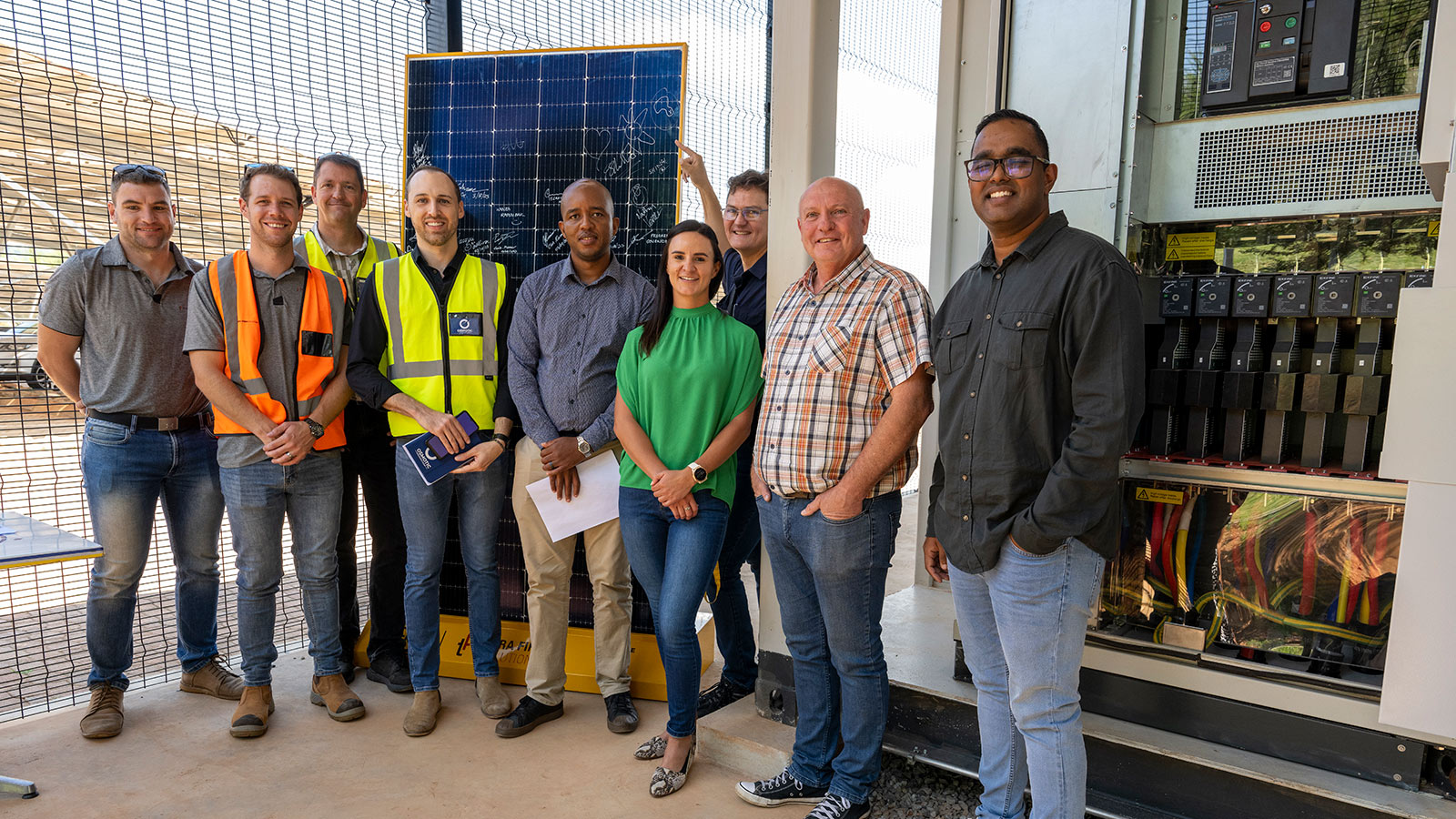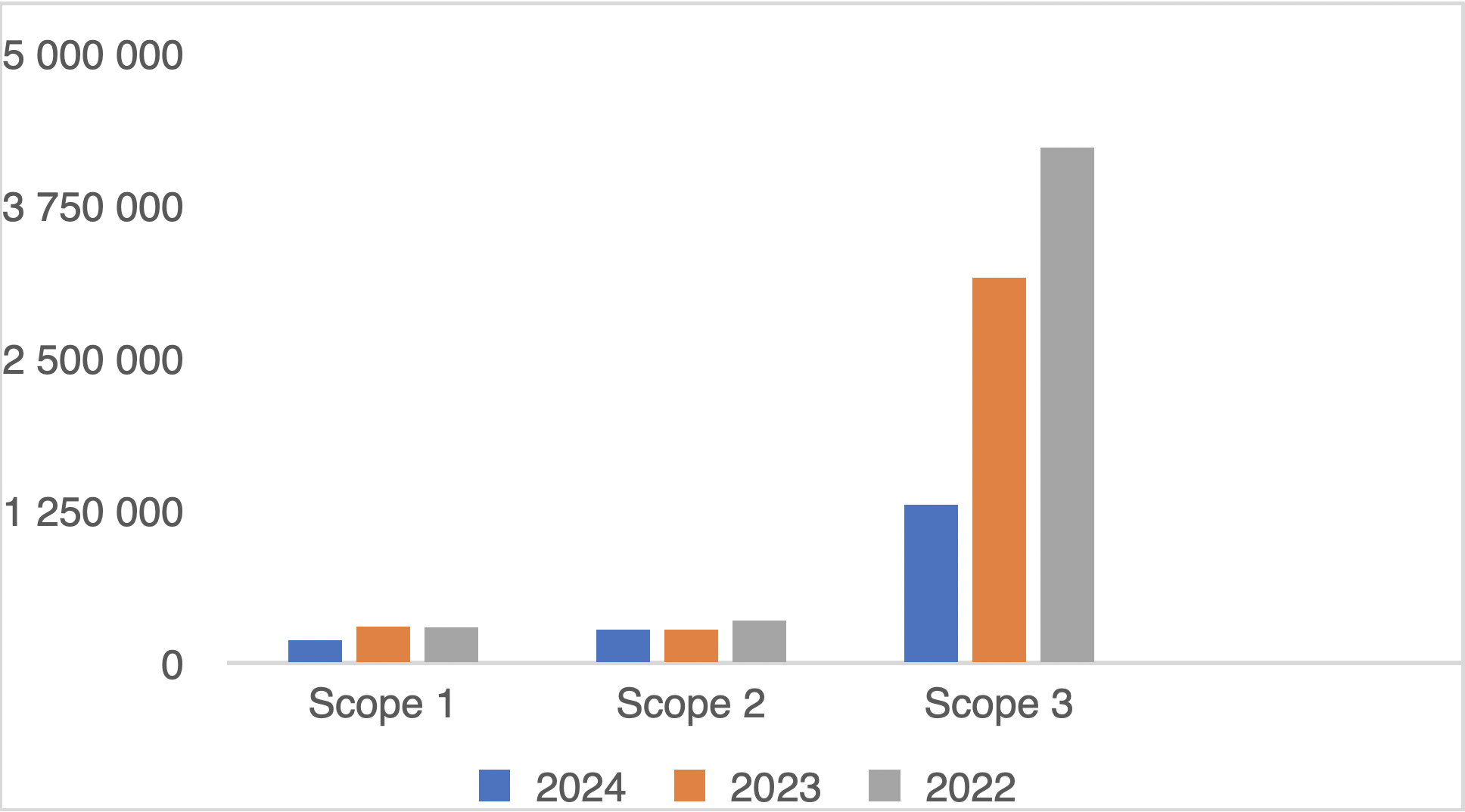
- Home
- About Us
- Sustainability
- Investors
- News
- People & Culture
-
Regions

The climate crisis is a global challenge that demands a collective and coordinated response. Rising temperatures, devastating natural disasters, and unpredictable climate patterns are clear signs of a planet in distress. Addressing these challenges requires cross-sector collaboration, where, nations, corporations, and communities put aside their differences and come together to share knowledge, scale innovation, and align on climate ambition.
Project Zero is MTN’s strategic framework for operationalising our commitment to environmental sustainability. It serves as the management mechanism that translates our climate ambition into action – with the goal of achieving Net Zero greenhouse gas (GHG) emissions based on our total carbon footprint by 2040, using 2021 as the baseline.
Since its launch, Project Zero has made substantial progress at a Group level, driving significant achievements in line with our strategic objectives. Notably, we have achieved considerable reductions in Scope 1 and 2 emissions, marking a key milestone in our efforts to minimise our environmental footprint.

Our market-focused initiatives have yielded significant reductions in emissions and improved operational efficiencies. By adopting tailored strategies that are specifically designed to address the unique needs and challenges of each market, we have been able to drive meaningful impact and optimise performance. These localised approaches have enabled us to effectively navigate diverse operating contexts and achieve our sustainability goals.
Project Zero continues to deliver significant financial and environmental benefits within our business model and regional operations. To build on this success, we plan to scale and replicate effective strategies across different markets, integrating best practices into our overall business model. By staying attuned to emerging trends and innovative technologies, we’ll remain proactive in achieving our strategic objectives and drive continued growth and sustainability.